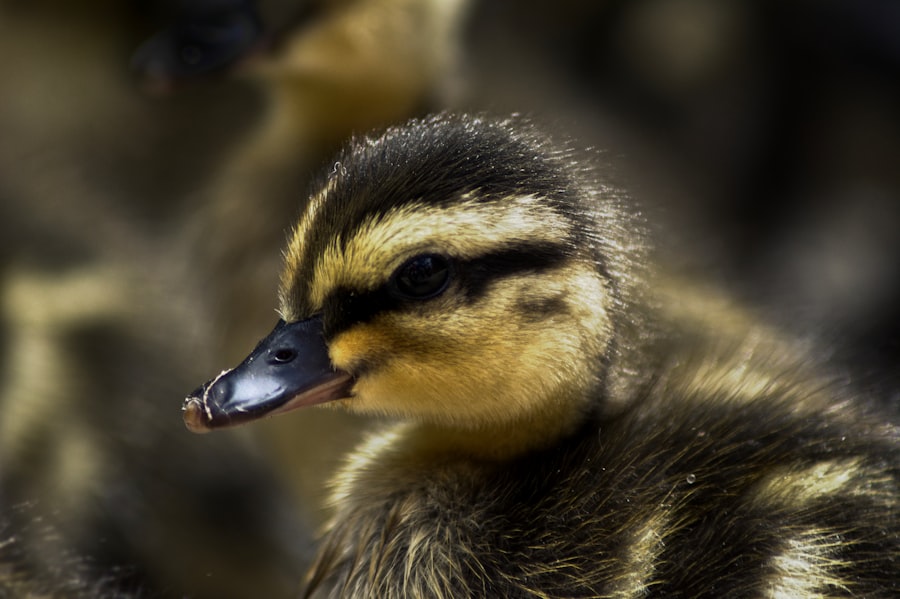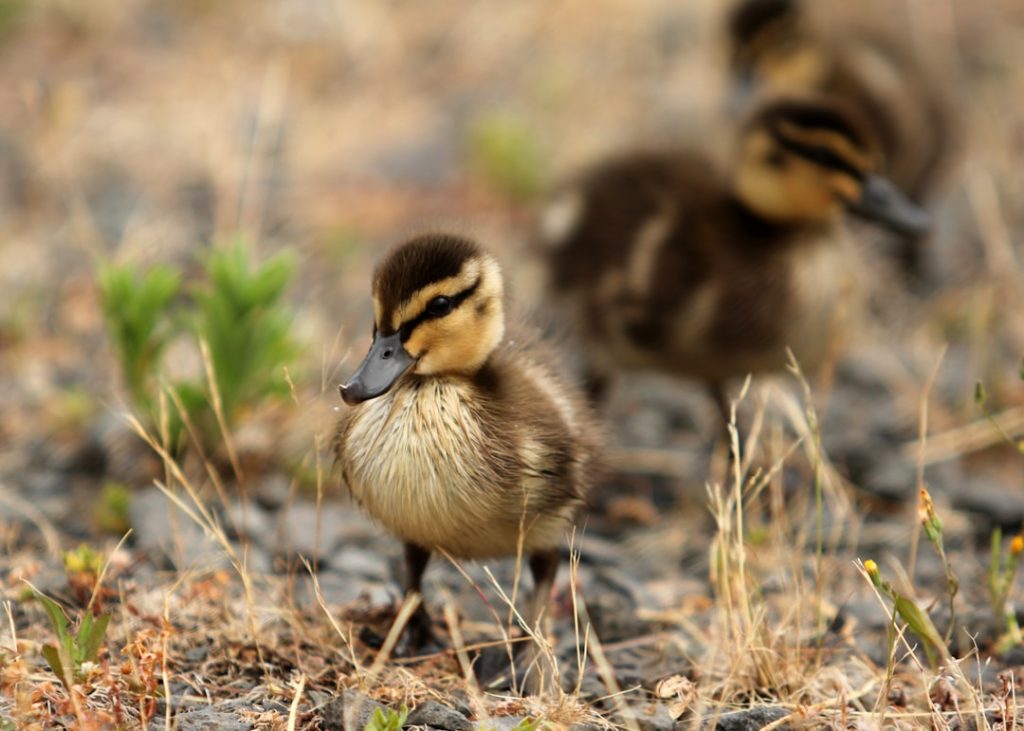Raising baby ducks can be a rewarding and enjoyable experience. Ducks are known for their friendly and sociable nature, making them great pets for both children and adults. There are many different breeds of ducks to choose from, each with its own unique characteristics and traits. When it comes to raising baby ducks, it’s important to consider the specific needs and requirements of the breed you choose. From housing and feeding to health and wellness, there are many factors to take into account when caring for baby ducks. In this article, we will explore some popular duck breeds for baby ducks, as well as provide tips and advice for caring for these adorable feathered friends.
Table of Contents
Key Takeaways
- There are many different duck breeds to choose from when raising baby ducks, each with their own unique characteristics and needs.
- Some popular duck breeds for baby ducks include Pekin, Khaki Campbell, and Indian Runner, each with their own distinct traits and suitability for different environments.
- Caring for baby ducks involves providing them with warmth, protection, and proper nutrition to ensure their healthy growth and development.
- When housing baby ducks, it’s important to provide a safe and secure environment with access to water for swimming and foraging, as well as protection from predators.
- Feeding and nutrition for baby ducks should include a balanced diet of commercial duck feed, fresh water, and occasional treats like fruits and vegetables to support their growth and overall health.
Popular Duck Breeds for Baby Ducks
When it comes to choosing a breed of duck for raising baby ducks, there are several popular options to consider. One of the most well-known and beloved duck breeds is the Pekin duck. Pekin ducks are known for their friendly and docile nature, making them great pets for families with children. They are also excellent egg layers, making them a popular choice for those interested in raising ducks for their eggs. Another popular breed for baby ducks is the Khaki Campbell. Khaki Campbells are known for their excellent egg-laying abilities, often producing up to 300 eggs per year. They are also known for their friendly and sociable nature, making them a great choice for those looking for a pet duck that will thrive in a backyard setting. Other popular duck breeds for baby ducks include the Indian Runner, Muscovy, and Rouen. Each of these breeds has its own unique characteristics and traits, so it’s important to research and consider the specific needs of each breed before making a decision.
Caring for Baby Ducks
Caring for baby ducks requires careful attention to their specific needs and requirements. When it comes to raising baby ducks, it’s important to provide them with a warm and safe environment, as well as plenty of food and water. Baby ducks also require regular handling and socialization to ensure they grow up to be friendly and well-adjusted adults. Additionally, it’s important to monitor their health and wellness, as baby ducks can be susceptible to certain illnesses and diseases. Providing proper nutrition and veterinary care is essential for ensuring the health and well-being of baby ducks.
Housing and Environment for Baby Ducks
When it comes to housing and environment for baby ducks, it’s important to provide them with a safe and secure space where they can thrive. Baby ducks require a warm and dry environment, free from drafts and predators. A brooder or enclosed area with a heat lamp is essential for keeping baby ducks warm during the first few weeks of their lives. As they grow, they will need access to a larger space with plenty of room to move around and explore. It’s also important to provide baby ducks with access to water for swimming and bathing, as well as plenty of fresh air and natural light. Additionally, it’s important to keep their living space clean and free from debris, as baby ducks are susceptible to certain respiratory illnesses if exposed to dirty or damp conditions.
Feeding and Nutrition for Baby Ducks
Feeding and nutrition are crucial aspects of caring for baby ducks. It’s important to provide them with a balanced diet that meets their specific nutritional needs. Baby ducks require a diet high in protein to support their rapid growth and development. Commercial duck starter feed is an excellent option for providing baby ducks with the essential nutrients they need to thrive. It’s also important to provide them with access to fresh water at all times, as well as access to grit to aid in digestion. Additionally, offering treats such as chopped vegetables or mealworms can provide enrichment and variety in their diet. It’s important to monitor their food intake and adjust their diet as they grow and develop.
Health and Wellness for Baby Ducks

Ensuring the health and wellness of baby ducks is essential for their overall well-being. It’s important to monitor them closely for any signs of illness or distress, as baby ducks can be susceptible to certain health issues such as respiratory infections or parasites. Providing them with regular veterinary care, including vaccinations and deworming, is essential for preventing illness and disease. Additionally, it’s important to provide them with a clean and dry living environment, as well as access to fresh water and nutritious food. Regular handling and socialization can also help ensure that baby ducks grow up to be friendly and well-adjusted adults. By providing proper care and attention to their health and wellness, you can help ensure that your baby ducks live long and healthy lives.
Conclusion and Tips for Raising Baby Ducks
Raising baby ducks can be a fun and rewarding experience, but it also requires careful attention to their specific needs and requirements. When choosing a breed of duck for raising baby ducks, it’s important to consider the specific characteristics and traits of each breed. Providing them with a warm and safe environment, as well as plenty of food and water, is essential for their overall well-being. Regular handling and socialization can help ensure that they grow up to be friendly and well-adjusted adults. Additionally, providing them with proper nutrition and veterinary care is essential for preventing illness and disease. By following these tips and providing proper care and attention, you can help ensure that your baby ducks thrive and grow into healthy adult ducks.
If you’re considering raising ducks, you may also be interested in learning about the different breeds of ducks and how to care for them. Understanding the specific needs of each duck breed can help you create a suitable environment for them to thrive. For more information on poultry care, including feeding geese and chickens, check out this helpful article on feeding geese and chickens. It provides valuable insights into the dietary requirements of these birds and how to ensure they receive the proper nutrition.
FAQs
What are the different duck breeds for raising baby ducks?
There are several popular duck breeds for raising baby ducks, including Pekin, Khaki Campbell, Rouen, and Muscovy ducks. Each breed has its own unique characteristics and suitability for different environments.
How do you care for baby ducks of different breeds?
Caring for baby ducks involves providing them with a warm and safe environment, proper nutrition, and access to clean water for drinking and swimming. Each breed may have specific care requirements, so it’s important to research the specific needs of the breed you are raising.
What do baby ducks eat?
Baby ducks typically eat a diet of commercial duck starter feed, which is specially formulated to meet their nutritional needs. They may also eat small insects, grass, and other natural foods if they have access to outdoor foraging.
How long does it take for baby ducks to mature into adults?
The time it takes for baby ducks to mature into adults varies depending on the breed. Generally, ducks reach maturity between 7-9 months of age, but some breeds may mature faster or slower.
What are some common health issues for baby ducks?
Common health issues for baby ducks include respiratory infections, parasites, and injuries. It’s important to provide proper housing, nutrition, and veterinary care to prevent and address these health issues.
Meet Walter, the feathered-friend fanatic of Florida! Nestled in the sunshine state, Walter struts through life with his feathered companions, clucking his way to happiness. With a coop that’s fancier than a five-star hotel, he’s the Don Juan of the chicken world. When he’s not teaching his hens to do the cha-cha, you’ll find him in a heated debate with his prized rooster, Sir Clucks-a-Lot. Walter’s poultry passion is no yolk; he’s the sunny-side-up guy you never knew you needed in your flock of friends!







